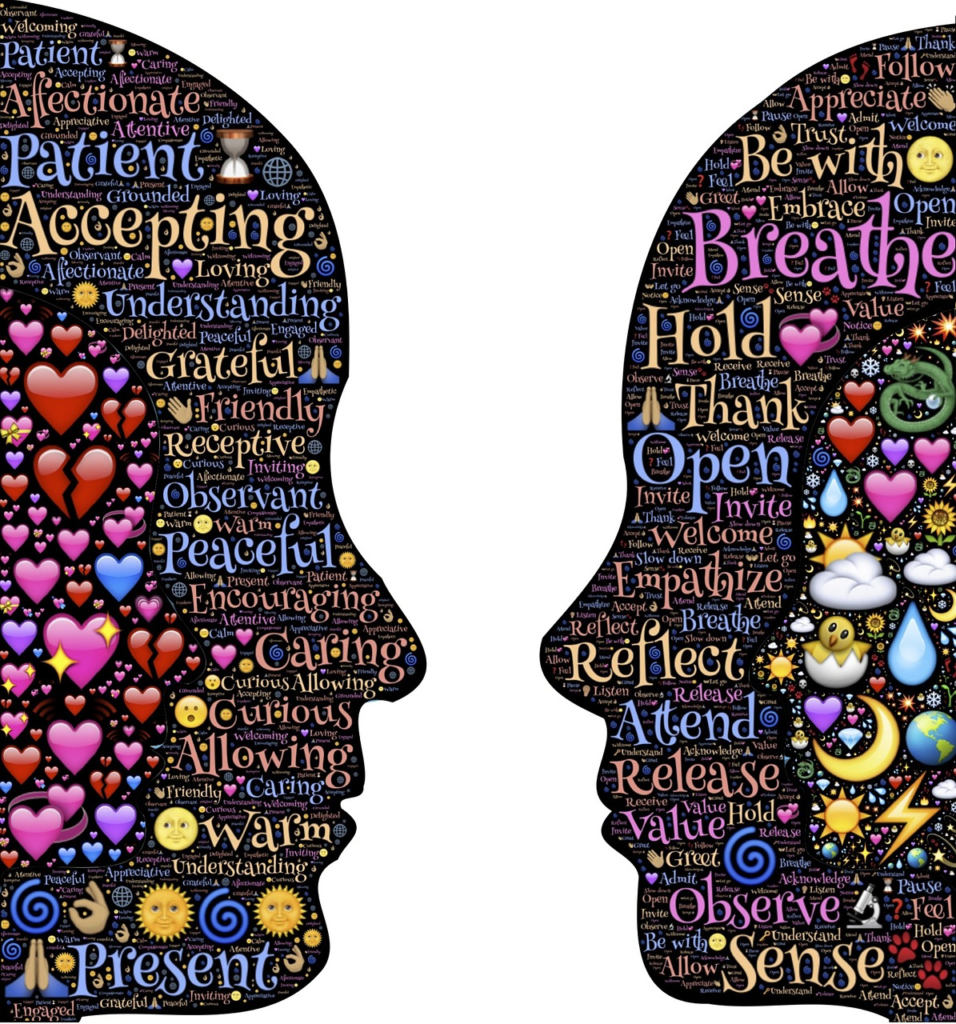
Sometimes our worries will take us to the worst place. Even though such worries may be based on assumptions that don’t hold up when we look at them closely. I started this discussion in my most recent post, Your Memory is Better Than You Think, Part One.
Let’s take a closer look at some of the assumptions that might be affecting your memory and holding you back. Not all memory problems are related to our age.
First, A Reality Check
Memory problems can happen throughout our lives, not just in our later years. Let me give you a common example.
In my career as a health psychologist, 90% of my patients experienced physical pain on a daily basis. Their chronic or long-term pain usually followed from neck or back injuries, related to car or work accidents. They also experienced high levels of stress, loss and sleep disturbance.
These patients worried about their memory, even though they may still be in their 20s and 30s. Some even assumed they must be suffering from dementia or Alzheimer’s disease.
I explained to them that their memory and concentration problems were caused by interference, not by any structural problems in their brain. They did not have an injury or disease affecting their brain. Their memory could not work properly because it was being interfered with by pain, stress, poor sleep and sometimes by the medications they were taking.
My patients understood what I was saying, but I needed a clear illustration for it to really sink in. So I asked them to imagine how well they could concentrate if there was a fire alarm going off near them. They all agreed that their memory and concentration would be poor.
Their pain and stress were acting like fire alarms going on in their body, distracting them and disrupting their brain’s proper functioning – thus interfering with their concentration and memory. If I was able to take away their pain and stress, their memory would work just like it is supposed to. This immediately made sense to them and helped reduce their fear of losing their mind.
Next, Look for the Simplest Explanation
In the above example, interference is a much simpler explanation for your problems with memory. Interference is much easier to do something about than dementia or Alzheimer’s disease. For instance, if pain is causing your memory or concentration problems, maybe a better pain medication may help your pain and your memory.
Multitasking is also a common cause of poor memory. And it is something that you can change or improve upon.
To be able to remember details, especially complex ones, you need to pay enough attention to the task at hand to get the job done properly. If you are doing two things at once, there is only half as much of your attention available for each task. Your performance on each of the two tasks suffers and so does your memory.
When you find a simpler explanation and come up with some strategy to help, your anxiety about your memory will decrease. And this decrease in anxiety, even on its own, will help your memory.
Your Forgetfulness May be Perfectly Normal

The National Institute on Aging has some interesting and helpful articles on this matter.
The institute suggests that it is normal to forget things once in a while, as we age (or even at any age). But, for serious memory problems you may need a medical check-up.
Here are some clues from the Institute to help you decide whether your memory problems are serious and worth getting checked out by your doctor.
1 – Asking the same questions over and over again
2 – Getting lost in places a person knows well
3 – Having trouble following recipes or directions
4 – Becoming more confused about time, people, and places
5 – Not taking care of oneself —eating poorly, not bathing, or behaving unsafely
If you do experience these problems, a medical check-up can help determine whether they are serious or not. A medical investigation may also help to rule out other possible causes for memory and cognitive problems, such as medication side effects, drinking too much alcohol, or possibly kidney, thyroid or liver problems, as examples. Here is a link for a more detailed discussion.
5 Simple Strategies to Improve Your Memory
1 – Add structure to each day by getting up around the same time, planning your activities, even putting your keys, phone and glasses in the same place.
2 – Challenge yourself by learning new skills, staying involved with us friends and family and volunteering to help others.
3 – Get at least 7 to 8 hours of sleep each night. It is not true that we need less sleep as we get older.
4 – Take good care of yourself by drinking less alcohol, getting regular medical check-ups, eating well and exercising regularly.
5 – Get help if you were feeling depressed, exhausted, or consumed with negativity.
Good memory functioning does not happened on its own. It requires a healthy mind, body and lifestyle.
You’ll be amazed at how much these simple strategies can help. If you’re lucky they will help so much that you stop paying attention to your memory (and your assumptions). You can let your brain work the way it’s supposed to work, on its own.
This article originally appeared in SixtyandMe.com
Until next time, let our warm hearts soar!
Michael
michael@aWarmHeart.ca
And thank you for caring that little bit extra – it really makes a big difference.

